History and significance of Hajj
Published:
2022-07-05 02:16:30 BdST
Update:
2024-04-19 23:45:04 BdST
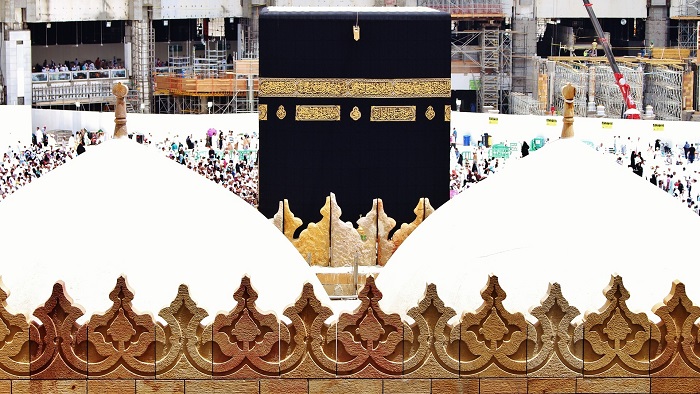
Md Arafat Rahman: Hajj is a mandatory religious duty for the Muslims worldwide that must be carried out at least once in their lifetime by all adult Muslims who are physically and financially capable of undertaking the journey, and of supporting their family during their absence from home. It is an annual Islamic pilgrimage to Mecca of Saudi Arabia, the holiest cities for Muslims.
In Islamic terminology, Hajj is a pilgrimage made to the Kaaba, the "House of Allah", in the sacred city of Mecca in Saudi Arabia. It is one of the five pillars of Islam, alongside Shahadah, Salat, Zakat and Sawm. Hajj is a demonstration of the solidarity of the Muslim people, and their submission to almighty Allah.
The word Hajj means "to attend a journey", which connotes both the outward act of a journey and the inward act of intentions. The rites of pilgrimage are performed over five to six days, extending from the 8th to the 12th or 13th of Zil-Hajj, the last month of the Islamic calendar.
The Hajj is associated with the life of Prophet Hazrat Muhammad (Sm) from the 7th century AD, but the ritual of pilgrimage to Mecca is considered by Muslims to stretch back thousands of years to the time of Hazrat Ibrahim.
During Hajj, pilgrims join processions of millions of people, who simultaneously converge on Mecca for the week of the Hajj, and perform a series of rituals: each person walks counter-clockwise seven times around the Kaaba, a cube-shaped building and the direction of prayer for Muslims, trots back and forth between the hills of Safa and Marwah seven times, then drinks from the Zamzam Well, goes to the plains of Mount Arafat to stand in vigil, spends a night in the plain of Muzdalifa, and performs symbolic stoning of the devil by throwing stones at three pillars.
After the sacrifice of an animal, the Pilgrims then are required to either shave or trim their heads for male or trim the ends of their hair for female. A celebration of the three-day global festival of Eid al-Adha proceeds thereafter. The present pattern of Hajj was established by Hazrat Muhammad (Sm). According to the holy Quran, elements of Hajj trace back to the time of Hazrat Ibrahim.
According to Islamic tradition, Ibrahim was ordered by Allah to leave his wife Hajera and his son Ismail alone in the desert of ancient Mecca. In search of water, Hajara desperately ran seven times between the two hills of Safa and Marwah but found none.
Returning in despair to Ismail, she saw the baby scratching the ground with his leg and a water fountain sprang forth underneath his foot. Later, Ibrahim was commanded to build the Kaaba and to invite people to perform pilgrimage there.
In pre-Islamic Arabia, a time known as jahiliyyah, the Kaaba became surrounded by pagan idols. In 630 AD, Muhammad (Sm) led his followers from Medina to Mecca, cleansed the Kaaba by destroying all the pagan idols, and then consecrated the building to Allah.
In 632 AD, Muhammad (Sm) performed his only and last pilgrimage with a large number of followers, and instructed them on the rites of Hajj and resposibilities of Muslims. It was from this point that Hajj became one of the five pillars of Islam.
Hajj and Umrah Both are Islamic pilgrimages; the main difference is their level of importance and the method of observance. Hajj is obligatory for every Muslim once in their lifetime, provided they are physically fit and financially capable. Hajj is performed over specific days during a designated Islamic month.
However, Umrah can be performed at any time. Although they share common rites, Umrah can be performed in less than a few hours while Hajj is more time-consuming, and involves more rituals.
Hajj is one of the most important acts of faith a Muslim can commit. The act is mandatory for those who practice Islam. For this reason, those who are unable to undertake Hajj themselves are permitted to send another in their place under specific circumstances. First, the person who sends someone in their place must be unable to undertake Hajj themselves because of an incurable sickness or old age.
To the Muslims, Hajj is associated with religious as well as social significance. If in a given year, an adult Muslim is in good health and his life and wealth is safe, they must perform the Hajj. Delaying it is considered sinful unless the delay is caused by reasons beyond the control.
Apart from being an obligatory religious duty, the Hajj is seen to have a spiritual merit that provides the Muslims with an opportunity of self-renewal. Hajj serves as a reminder of the Day of Judgment when people will stand before Allah. Hadith articulates various merits a pilgrim achieves upon successful completion of their Hajj.
After successful pilgrimage, pilgrims can prefix their names with the title 'Al-Hajj', and are held with respect in Muslim society. However, Islamic scholars suggest Hajj should signify a Muslim's religious commitment, and should not be a measurement of their social status.
Hajj brings together and unites the Muslims from different parts of the world irrespective of their race, colour, and culture, which acts as a symbol of equality.
A study on the impact of participating in the Islamic pilgrimage found that Muslim communities become more positive and tolerant after Hajj experience. Titled "Estimating the Impact of the Hajj: Religion and Tolerance in Islam's Global Gathering" conducted in conjunction with Harvard University's John F Kennedy School of Government, the study noted that the Hajj increases belief in equality and harmony among ethnic groups and Islamic sects and leads to more favourable attitudes and Hajjis show increased belief in peace, equality and harmony among adherents of different religions.
An American activist during the Civil Rights Movement describes the sociological atmosphere he experienced at Hajj in the 1960s as follows: There were tens of thousands of pilgrims, from all over the world. They were of all colours. But all participating in the same ritual, displaying a spirit of unity and brotherhood that my experiences in America had led me to believe never could exist between the white and the non-white.
America needs to understand Islam because this is the one religion that erases from its society the race problem. You may be shocked by these words coming from me.
But on this pilgrimage, what I have seen, and experienced, has forced me to rearrange much of my thought-patterns previously held. Md Arafat Rahman, Columnist & Asst Officer, Career & Professional Development Services Department, Southeast University.
Dhaka, 04 July (campuslive24.com)//BIT
Topic:


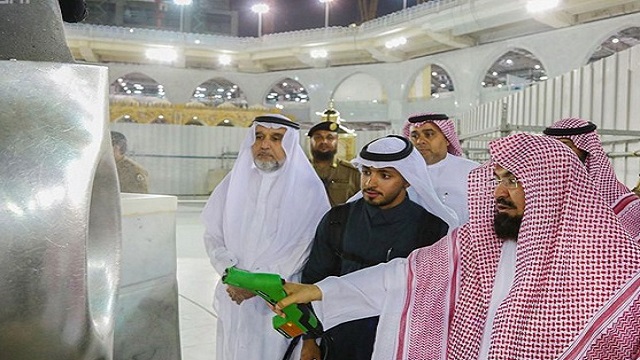
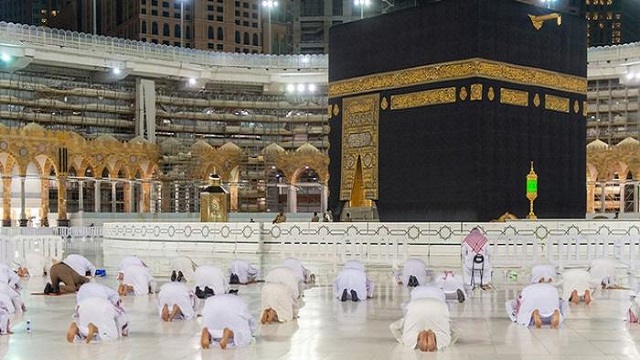
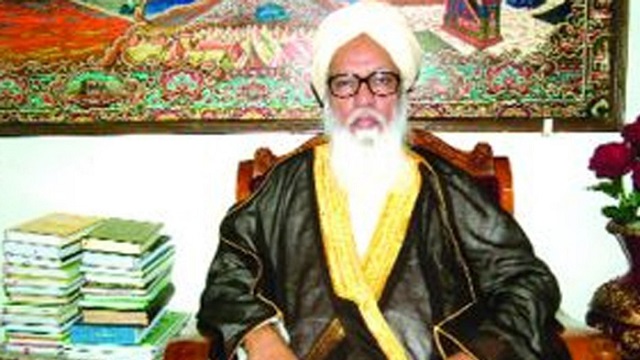
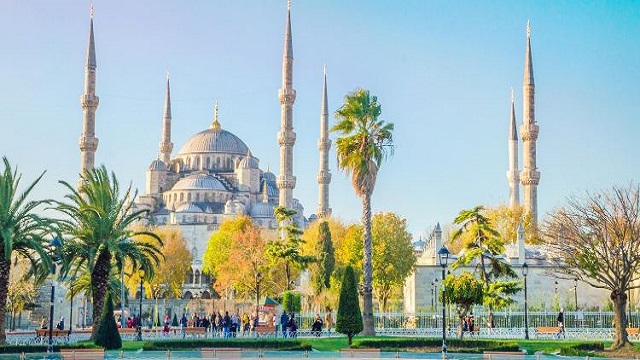
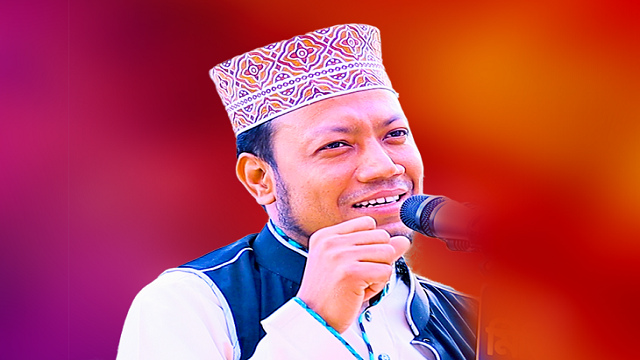
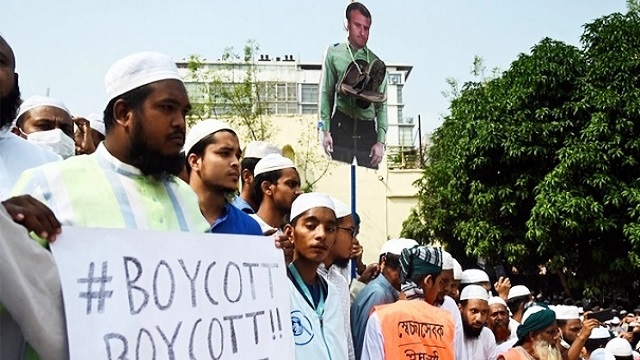
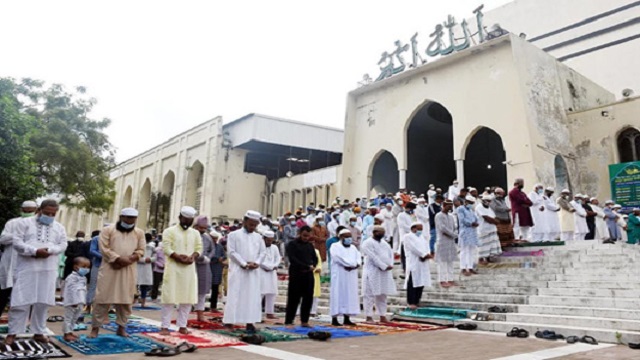
Share Your Valuable Comments: